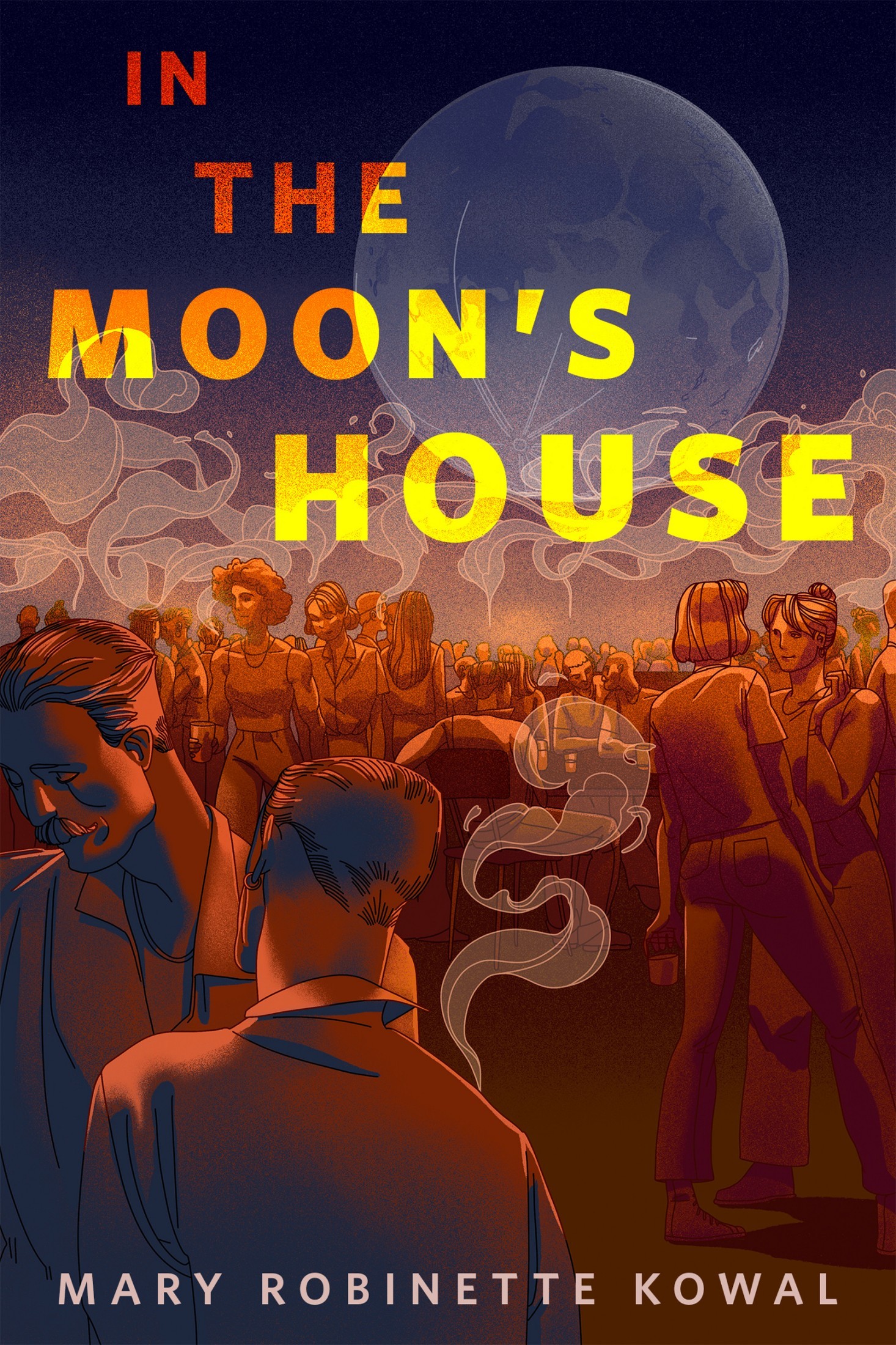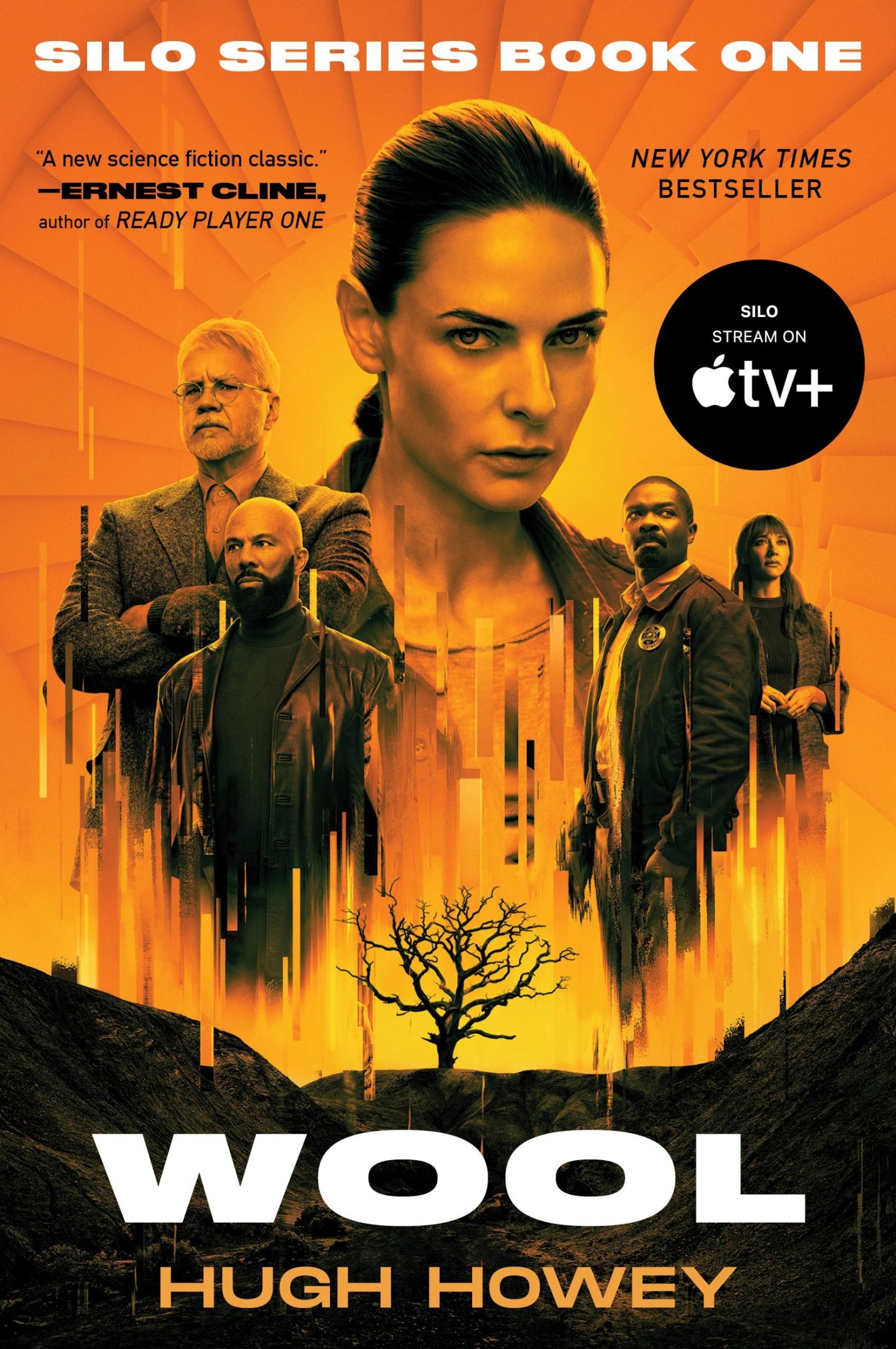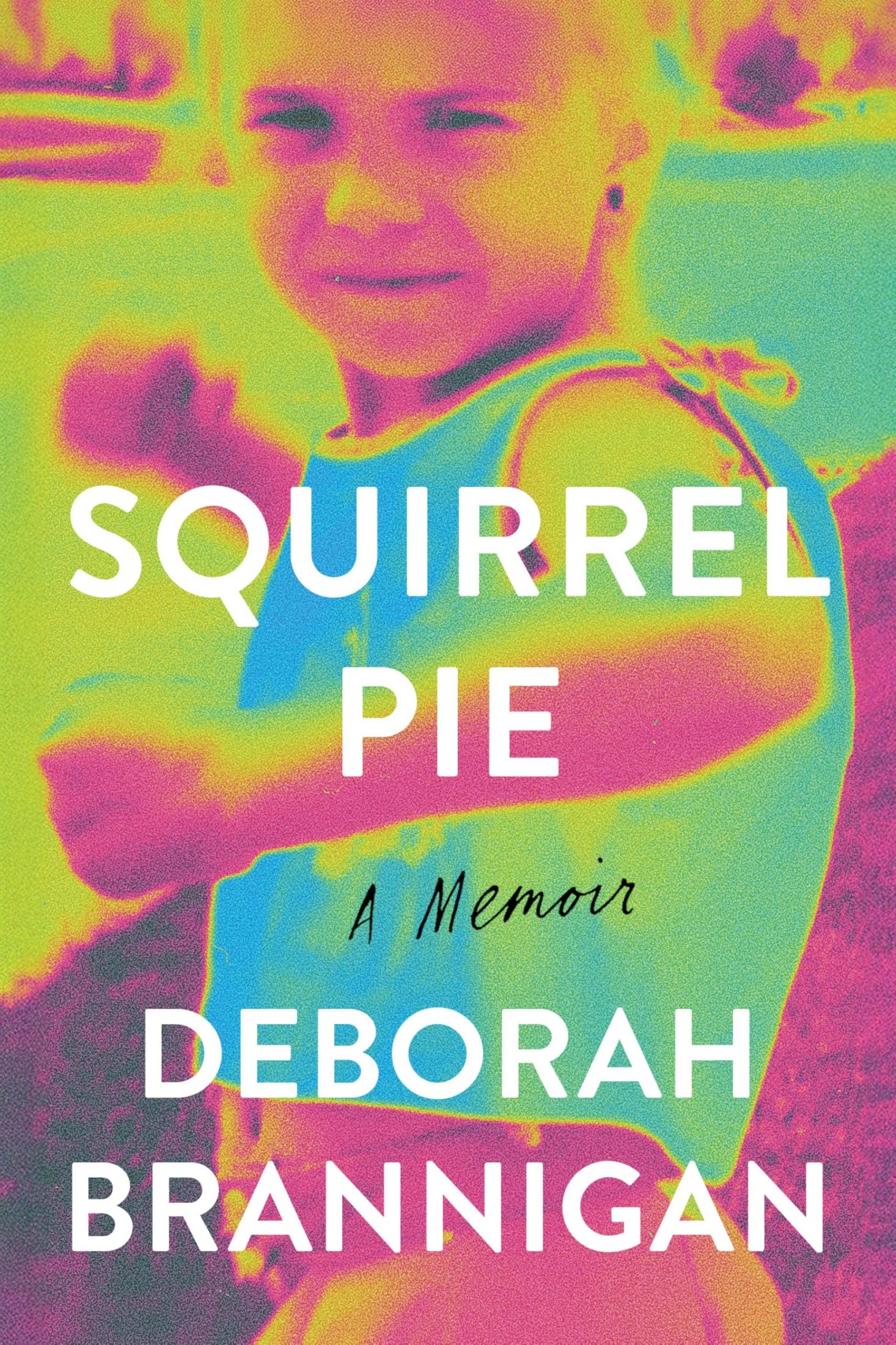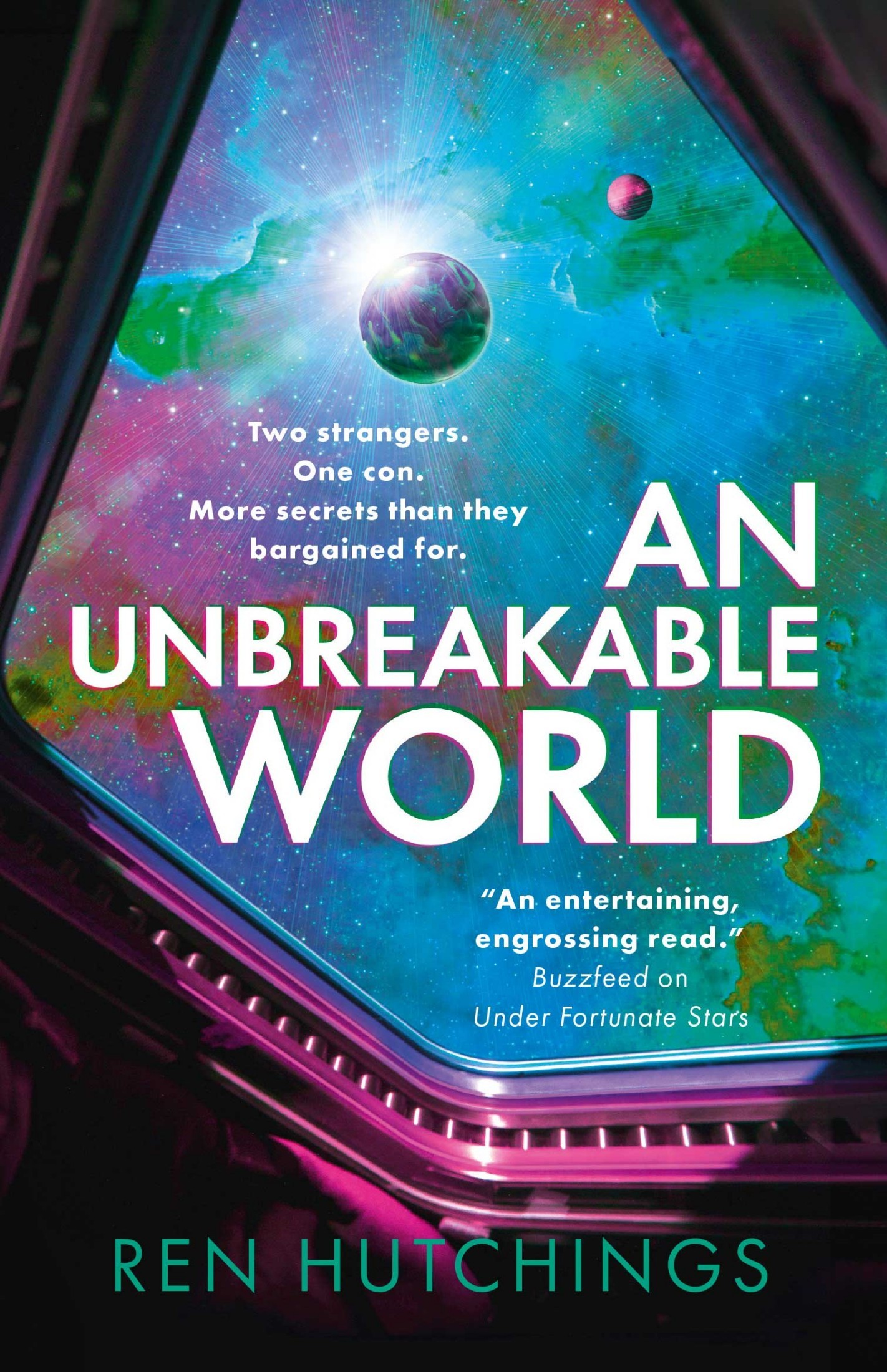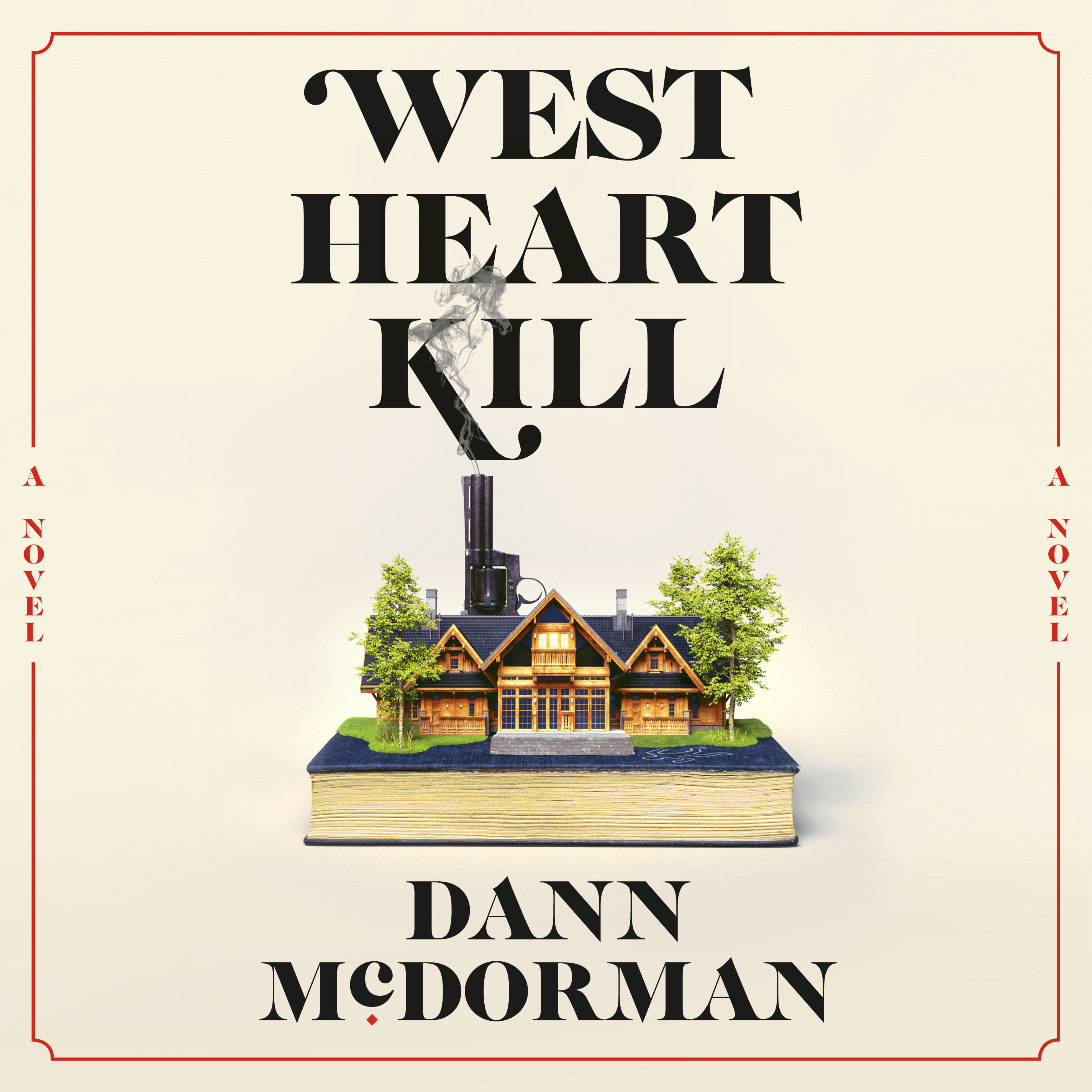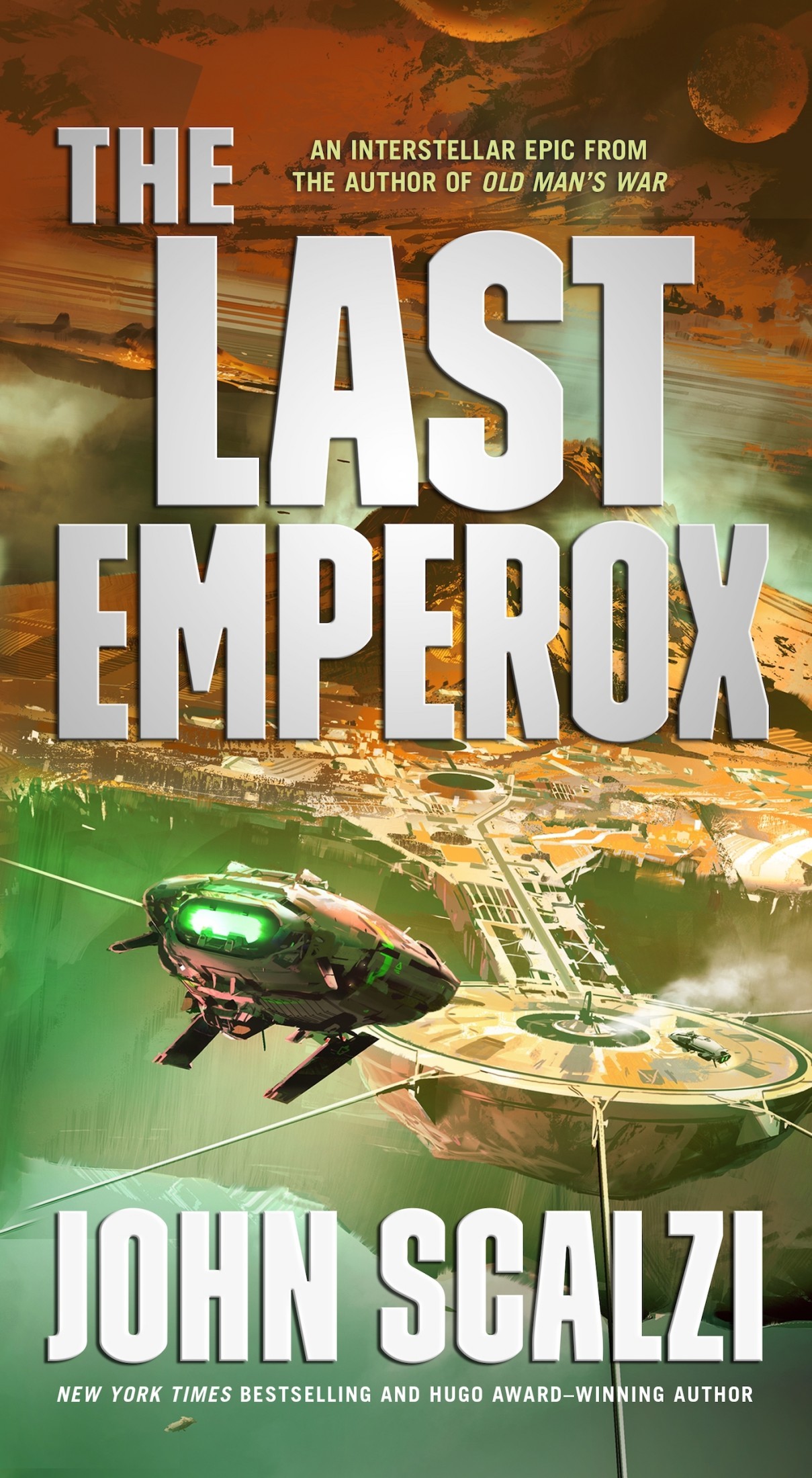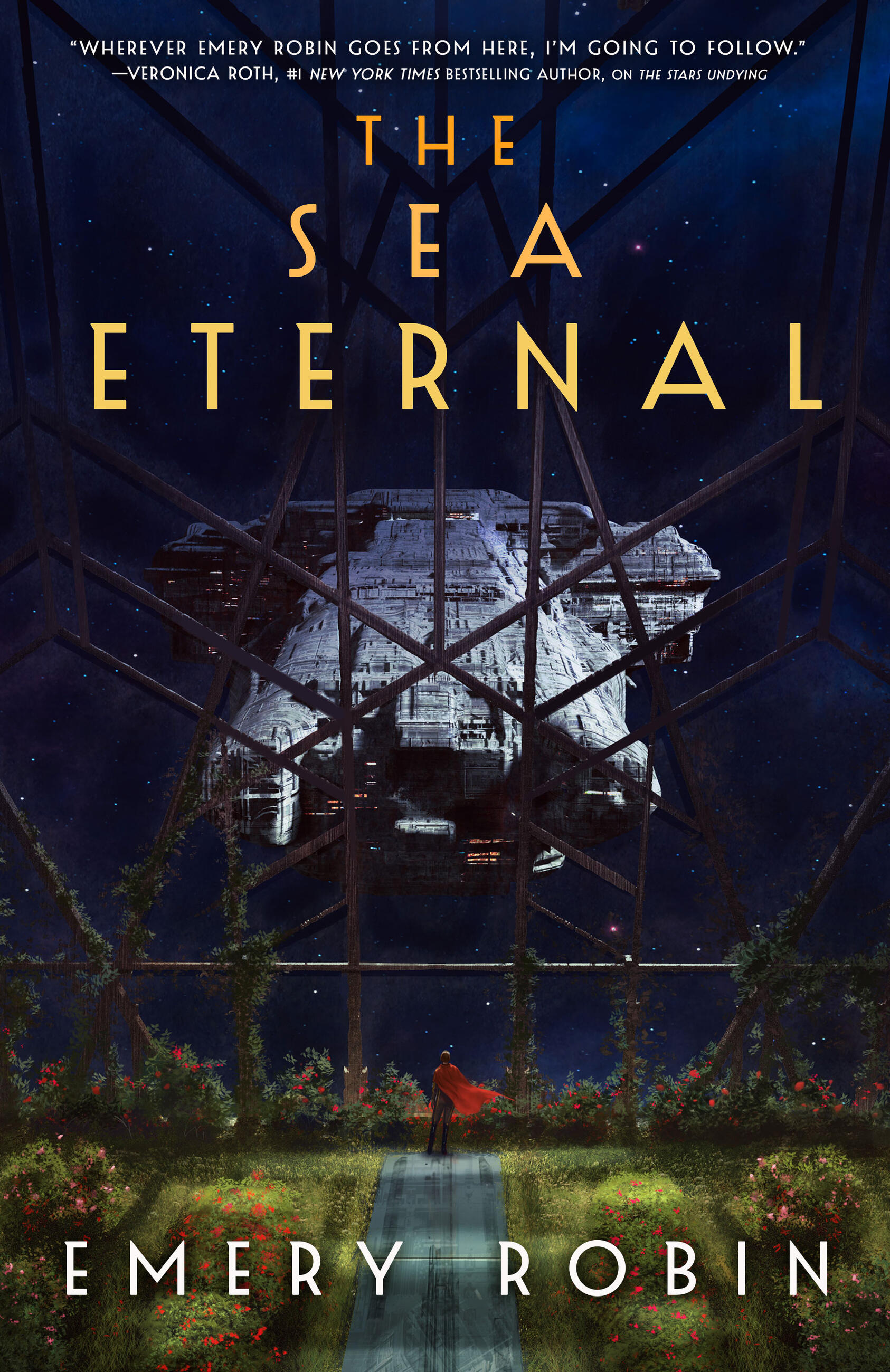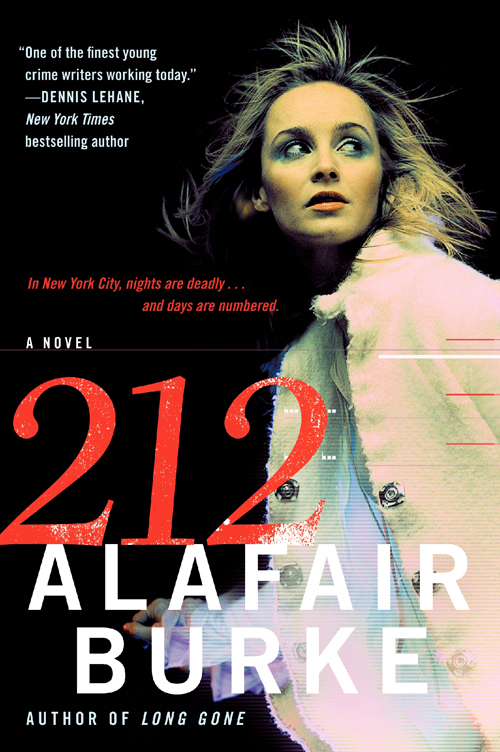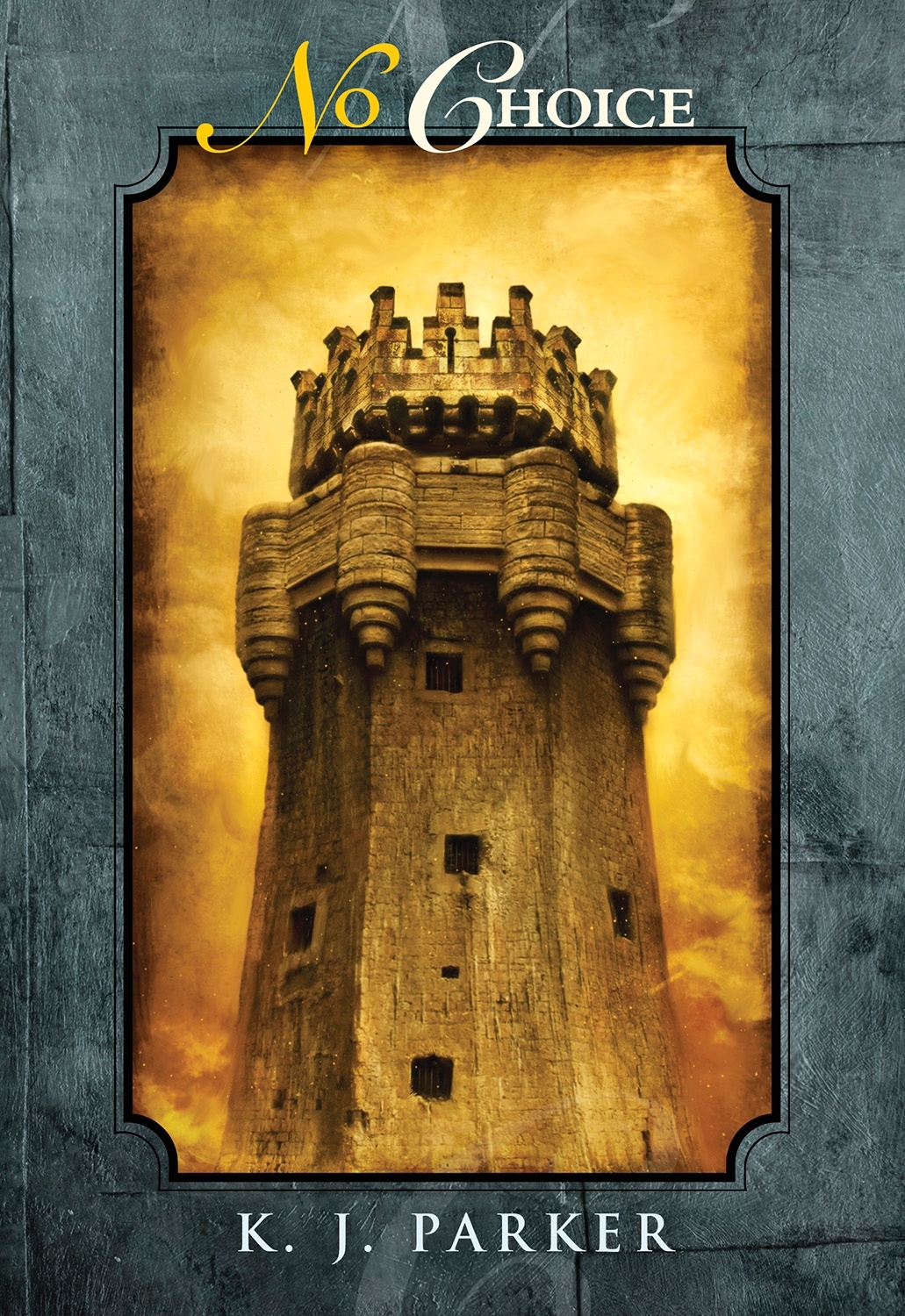what if tech bros ruled the post apocalypse?
Reviews and Comments
aka @kingrat@sfba.social. I'm following a lot of bookwyrm accounts, since that seems to be the only way to get reviews from larger servers to this small server. I make a lot of Bookwyrm lists. I will like & boost a lot of reviews that come across my feed. I will follow most bookwyrm accounts back if they review & comment. Social reading should be social.
This link opens in a pop-up window
Phil in SF commented on Wool by Hugh Howey (Silo, #1)
Phil in SF commented on Wool by Hugh Howey (Silo, #1)
Phil in SF commented on Wool by Hugh Howey (Silo, #1)
Phil in SF started reading Squirrel Pie by Deborah Brannigan
This is the self-published memoir by the mother of a friend. I normally stay away from self-published books, especially from people I know. However, this involves my friend's father being the subject of an FBI manhunt after abducting my friend. It's the kind of story I don't want to pry about, but since it's in a book I'll be a looky-loo.
Phil in SF reviewed An Unbreakable World by Ren Hutchings
Fun space opera/caper novel
4 stars
I read Ren Hutchings' Under Fortunate Stars before. This is set in the same universe, so I expected a lot of the same. Some solid characters. A fun plot. A focus on telling a story. There's a bit of a romance happening; enough to make a relationship interesting. The bad guy is a bit of a mustache-twirler. He only makes 4 or 5 appearances though.
Phil in SF reviewed West Heart Kill by Dann McDorman
Interesting but only once
4 stars
Content warning Reveals the plot devices which is what makes it interesting
The author really plays with point of view in this book. It makes for something interesting, but I only want to read something like this once. To explain...
Most of the narrators are unreliable. Starts with 3rd person limited (a detective), interspersed with breaking the 4th wall from the author. Later has parts 3rd person limited from an unknown participant. Some parts 2nd person reader. And most of the last part is 3rd person reader, as the narrator at the end is the person who has read/watched everything up until then and assembles all the remaining live characters and questions them to do the big reveal(s).
Phil in SF rated I Know What You Need: 3 stars
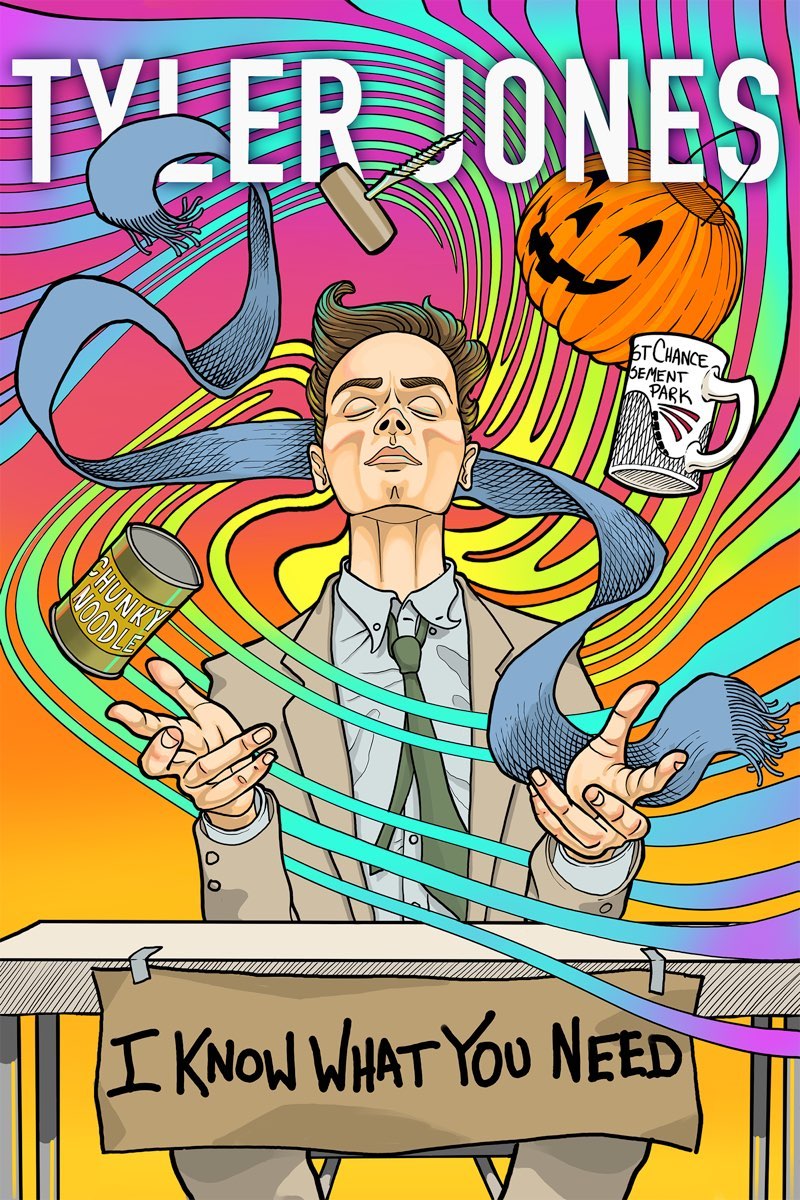
I Know What You Need by Tyler Jones
Sam Mitchell lives in a rundown apartment filled with a collection of random objects, an assortment of knickknacks and ephemera …
Phil in SF reviewed Beautiful Children by Charles Bock
Phil in SF reviewed The Last Emperox by John Scalzi (The Interdependency, #3)
I knew this would be awful
2 stars
(reposting review because my edition got split off from the main work.)
I knew this would be awful. I was not wrong.
It's the same damn problem as the previous book in the series. Every character is too damn clever for their own good. Most characters are paper-thin schemers. The whole basis of the story is just predicting whether an incident will be a double cross or a triple cross or a quadruple cross. "Aha! I anticipated you would double cross so I have taken the liberty of triple crossing you!" Then there is the nature of some of the artificial intelligences that are characters. Specifically that these AI characters pepper every conversation with meta-discussion on the nature of their existence. "I, an AI, am sorry for your loss. Am I actually sorry or am I just programmed to say that? We must discuss the nature of this at every …
(reposting review because my edition got split off from the main work.)
I knew this would be awful. I was not wrong.
It's the same damn problem as the previous book in the series. Every character is too damn clever for their own good. Most characters are paper-thin schemers. The whole basis of the story is just predicting whether an incident will be a double cross or a triple cross or a quadruple cross. "Aha! I anticipated you would double cross so I have taken the liberty of triple crossing you!" Then there is the nature of some of the artificial intelligences that are characters. Specifically that these AI characters pepper every conversation with meta-discussion on the nature of their existence. "I, an AI, am sorry for your loss. Am I actually sorry or am I just programmed to say that? We must discuss the nature of this at every utterance of a pleasantry."
This series, particularly the second and third books, has been so tedious.
Phil in SF commented on The Sea Eternal by Emery Robin (Empire Without End, #2)
Finished creating a list of books from Reactor Magazine Reviewers’ Choice: The Best Books of 2025. There's some pretty good stuff here, including this book.
On SFBA.club, the list can be found here, and I made sure the books have high-res covers and descriptions. YMMV on other servers. However, a lot of the books hadn't been added anywhere yet, so there's a decent chance the data I entered is copied to servers where accounts follow me.
Phil in SF started reading Beautiful Children by Charles Bock
Phil in SF reviewed 212 by Alafair Burke (Ellie Hatcher, #3)
Better than book 2 of the series
3 stars
Hatcher & Rogan investigate the killing of a man in a Manhattan penthouse, probably something to do with the tryst that a leftover condom indicates happened. And then they also get the cases of the murder of the roommate of a prostitute and the murder of a different prostitute. Because this is a crime novel, we know all the cases will eventually be connected.
While I found the book better than the second Ellie Hatcher novel, Angel's Tip, 212 falls firmly in the category of average. Nothing is really a surprise here, and nothing is super interesting or particularly bothersome.
Phil in SF reviewed The Original by Brandon Sanderson
Much action + a dash of what is the government up to
4 stars
The premise is that with some crimes, the best way to catch the original perpetrator is to decant a clone with their memories and tell the clone they have 4 days to find the original or they die. This seems like an odd backdoor method, but after that it's a decent action story. Oh and everyone also is infused with nanites that heal them and "theme" what they see. "Theme" being the term for altering perception to make everything perfect. Despite lots of words focusing on the main character (the clone) being motivated the the original killed their husband (this was the crime) that emotional aspect never really landed for me.
Phil in SF reviewed No Choice by K. J. Parker
Uninspired short story
2 stars
I've already forgotten the name of the protagonist, but the gist is: prominent noble in standard fare fantasy world is jailed for killing his wife. Son doesn't know what happened, but vows to get father out of jail except he's first being sent to the front lines of an unwinnable war. He draws up plans like a Pepe Silvia meme, wins the war in hours, then high-tails it back to the homeland for poorly written Machiavellian political intrigue to get his dad out of jail. Dad is mad at getting out, confesses to killing wife because she nagged, and then father & son are on opposite sides of more political intrigue.
Poor poor execution on a half-assed idea.

